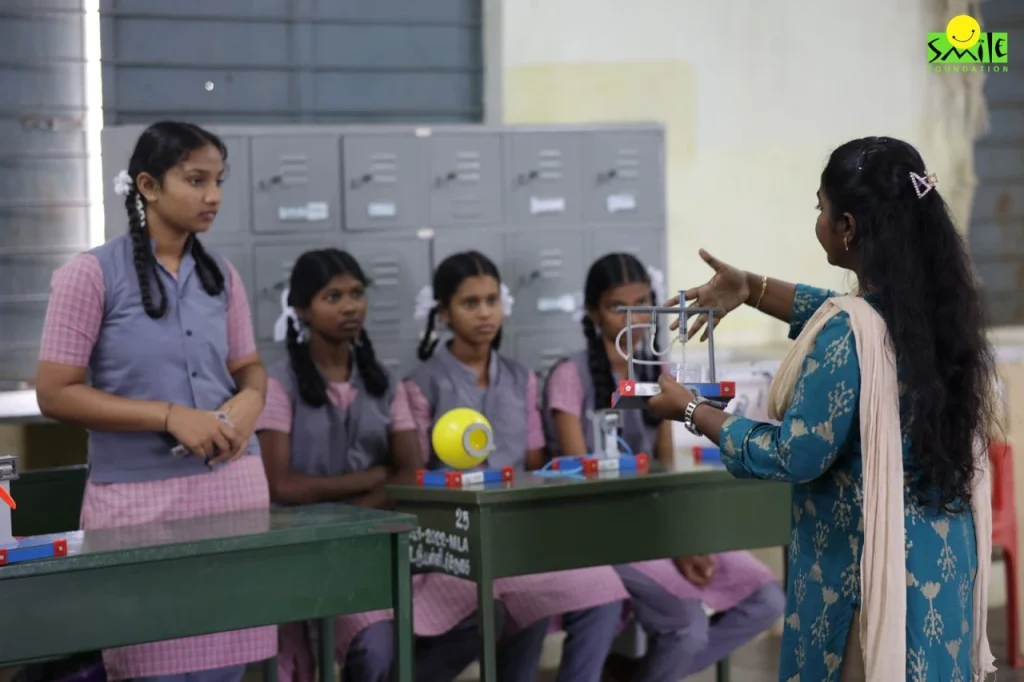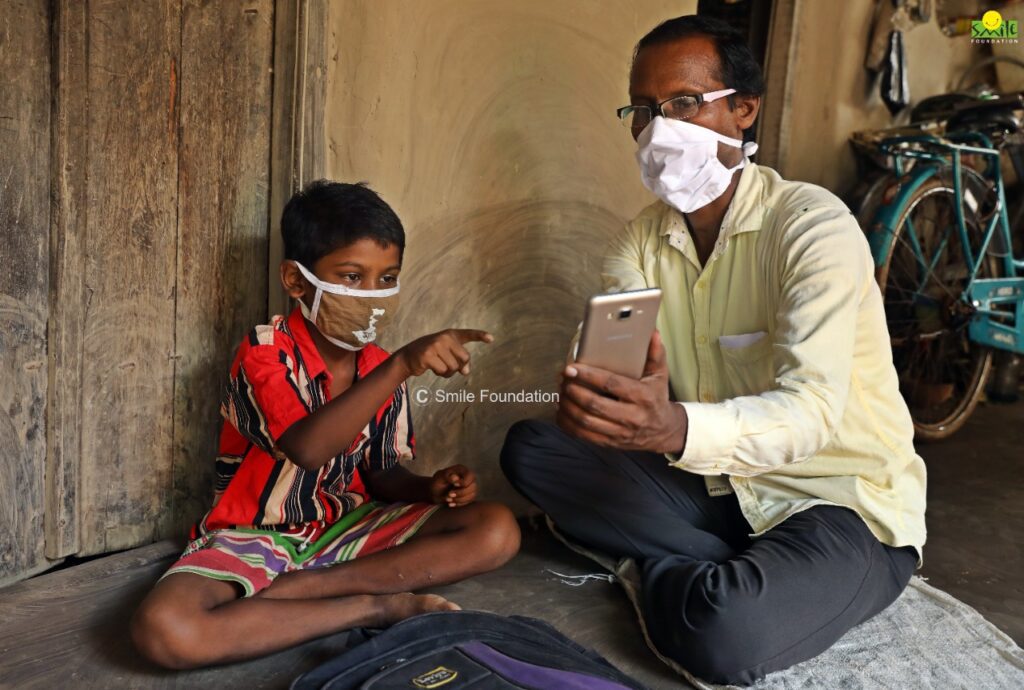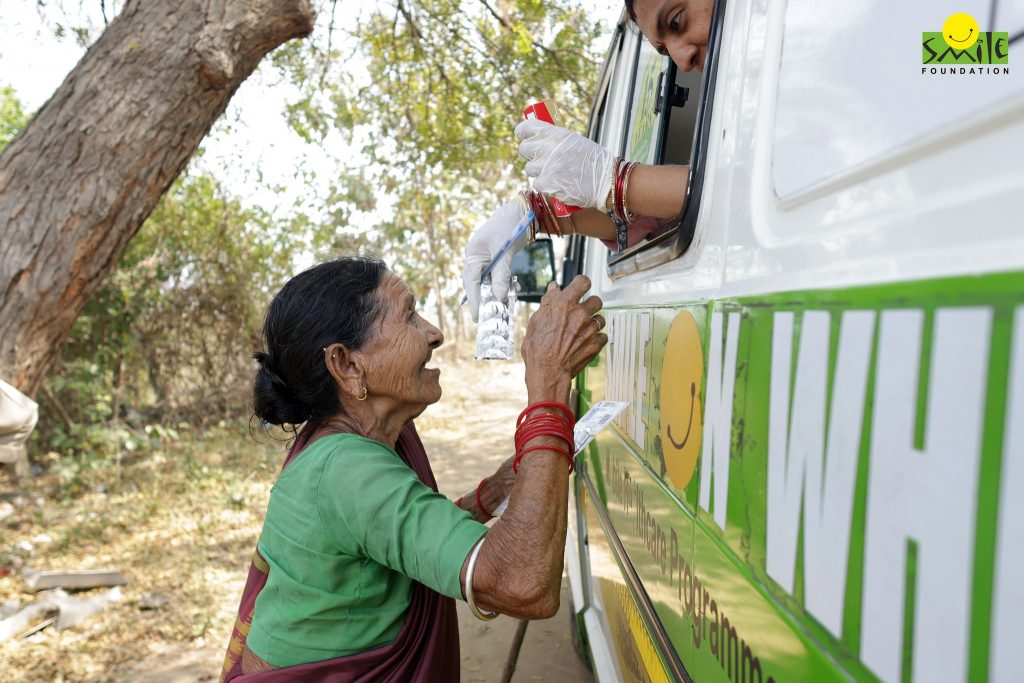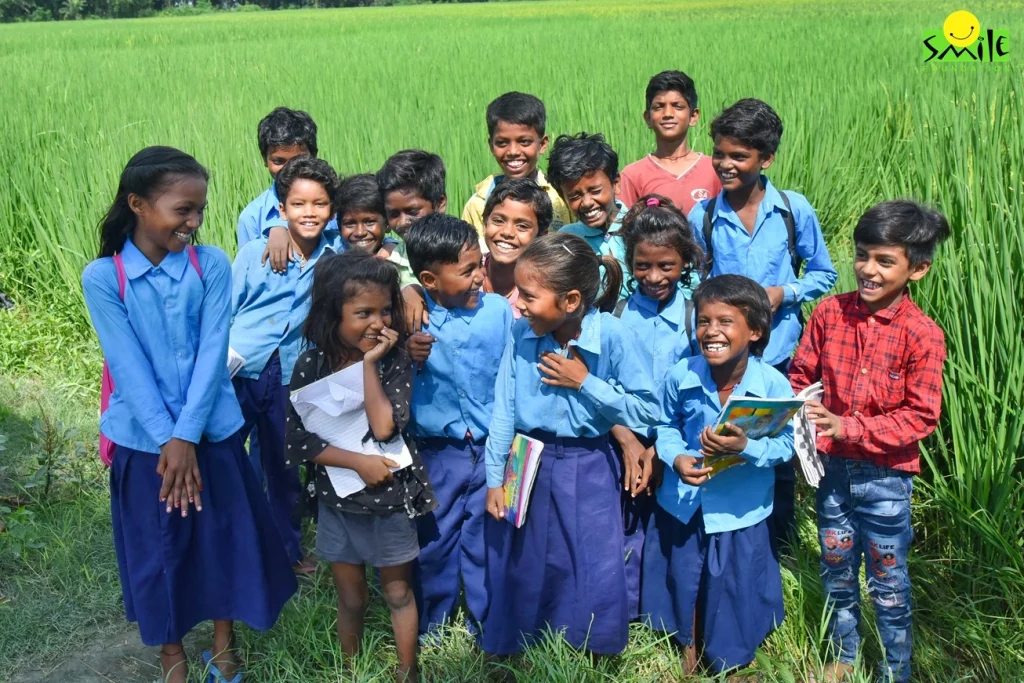Why Skill Development Matters in India
Every year, more than 12 million young people enter India’s job market, yet employment rates struggle to keep pace. Urban communities, particularly those affected by the pandemic, are seeing a rise in educated unemployment—a trend echoed in recent budget discussions.
Skill development is essential to help young Indians secure meaningful work. Yet, most lack access to vocational training, which is critical for job readiness in today’s economy.
India’s education system is evolving, but a large gap remains between academic learning and the practical skills needed for employment. Focusing on targeted skill development is key to bridging this divide and supporting youth success.
CSR’s Role in Skill-Based Socio-Economic Growth
The United Nations’ Sustainable Development Goals (SDGs) highlight youth empowerment as a key driver of social change. In India, 62% of the population is of working age, and over 54% is under 25, presenting a unique opportunity.
Corporate Social Responsibility (CSR) in India can support this opportunity by collaborating with NGOs and schools to offer mentorship, technical resources, scholarships, and vocational training, especially in underserved regions. Such initiatives help build a stronger foundation for youth employability.
Government-Led Skill Initiatives
India’s government has launched several major programs to boost skill education:
- Skill India (National Skills Development Mission), launched in July 2015.
- Goal: Train 30 crore individuals by 2022.
- Pradhan Mantri Kaushal Vikas Yojana (PMKVY) has already trained nearly 10 million youth.
These efforts aim to create a skilled, future-ready workforce aligned with industry needs.
How CSR Enhances Skill Development
Corporate CSR programs are well-positioned to enhance India’s vocational training efforts. With access to infrastructure, technology, and experts, companies can significantly scale government initiatives.
Investing in skill development through CSR not only supports ethical objectives but also delivers business benefits like improved productivity, lower recruitment costs, and a sustainable talent pipeline.
Moreover, Schedule VII of the Companies Act 2013 includes skill development as a core CSR activity, reinforcing its importance.
Actionable Steps for Corporate CSR Programs
To maximize impact, CSR skill initiatives should:
- Partner with government agencies, NGOs, academic institutions, and training centres.
- Conduct baseline surveys to identify local skill gaps and needs.
- Develop tailored programs via NGO collaboration.
- Integrate skilling into corporate supply chains.
- Introduce future-focused training in areas like digital tools, climate resilience, and renewable energy.
- Establish Centers of Excellence (CoE) to train trainers and promote skill-sharing.
- Upgrade rural training infrastructure using CSR funds.
- Support MSMEs by building their workforce capacity.
- Revive traditional skills among rural artisans while connecting them to new markets.
The Impact and Responsibility of Skill-Based CSR
- Inclusivity: Ensure programs cater to women, people with disabilities, and underserved communities.
- Nation-Building: Skill training through CSR transforms young talent into India’s growth engine.
- Sustainable Change: Long-term skilling initiatives lay the groundwork for societal and economic advancement.
Smile Foundation: Partnering for Skill-Led Change
At Smile Foundation, we view youth as India’s greatest asset. Guided by strategic CSR engagement, we can unlock this potential.
Our STeP (Smile Twin e-Learning Programme) delivers vocational training to underserved youth. With over 90,000 learners trained and 56,500 job placements across seven states, our work demonstrates meaningful results.
We’re actively seeking CSR partnerships to expand our reach and deepen our impact.
📧 Partner with us at: cp@smilefoundationindia.org
Together, we can build a future-ready workforce and a stronger, more inclusive India.










